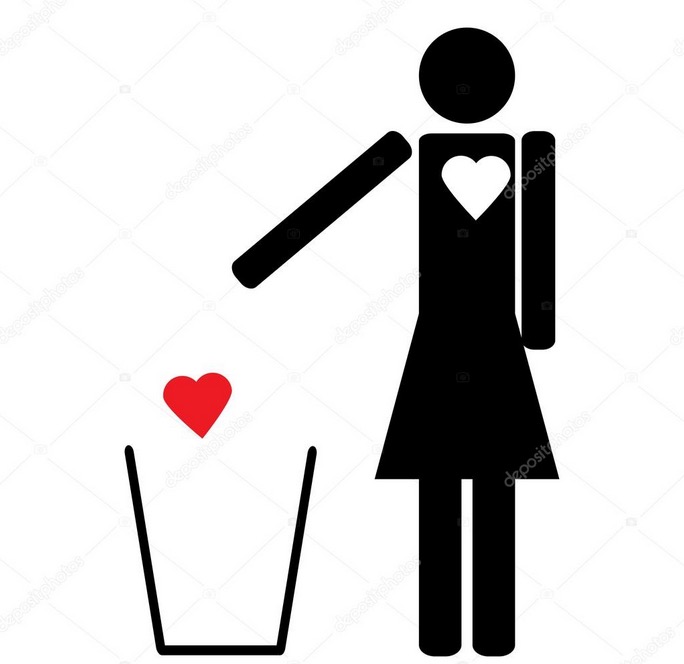“The purpose of poetry is to remind us
how difficult it is to remain just one person,
for our house is open, there are no keys in the doors,
and invisible guests come in and out at will.”from ‘Ars Poetica?‘ Czeslaw Milosz 1.
For those who hear but one voice within themselves I feel a sadness. It’s like finding that your friend’s car radio is stuck on one channel 2. To only hear one voice within myself reduces the number of ‘voices’ which which I can speak.
Two very present voices within me are a Heart Voice and a Head Voice. There is also a Hip Voice, but I will focus on the Heart-Head contrast. To give them titles like this suggests that they are very distinct, but in truth it has taken time to discern them, like different footsteps in the next room. So in some ways I am telling the story backwards, starting with the conclusion.


The head voice sees communication as information. It attends to facts. What is most important is the truth or falsity of the facts. Facts are perceived as being separate from how I feel about them, and facts are real 4. Mathematics, science, engineering, physics, these are the impersonal systems that govern the universe. Emotion is seen as ‘dirt in the system’ 5.

My heart voice sees communication as social bonding. It is more interested in the tone of what is said, and what that tone says about the speaker’s attitude to me. Expression and posture are as relevant as words. Language is how we associate. Where monkeys and apes physically groom each other in expressions of social commitment, human speech is “grooming at a distance” 6 7

In broad gender terms, men are either predisposed (by nature) or cultured (through nurture) into identifying with a head voice, and women with a heart voice 8. While this is a crude generalisation, it is useful. This difference in perspective is then the basis for miscommunication between the genders, as a man responds to a question with solution information, while a woman responds with social sympathy 9. It points to the confusion of having a ‘heart-to-heart’, which someone who wanted a head-to-head 10.


These are external arguments, where another person’s voice doesn’t answer my need. Matters are complicated when a person expresses heart-felt desire through their head voice, and is then disappointed to get a head answer. This hurt can confirm their suspicion of the heart voice, and a bitter head voice expressed in cynicism or sarcasm.

Where expressing a heart voice can expose my internal life, the head voice feels safe in only offering the external and factual. However, long term use of this defensive posture can lead to a loss of contact with emotions, and an over-identification with the head voice. This is where I find myself at the moment, experimenting with an increasing identification with the heart voice. I have noticed that head-identification leads me to over-emphasise verbal content when I am listening. The speaker may not be looking for an exposure of factual inconsistencies. Another consequence is that I express heart content through my head, were I am unlikely to get a heart response. I would feel more embarrassed about about this, if it weren’t so common.
The most savage consequence of my head-orientation I have titled, The Ambush. It starts with an unease that could be honestly expressed through the heart voice. It would say something like, “I would like to stop talking now”. I don’t express that voice, and the repression builds an anger inside of myself. I use that anger to listen closely to the other person’s head voice. I am preparing a head response, but not with the intention of providing information. My intention is to fashion a factually unassailable and emotionally crushing response, hiding my anger in facts 11. In effect I wish to punish the other person for putting me in a situation where I have feelings that I can’t express. This is the consequence of not being honest about my own heart voice.

It isn’t pretty. By contrast, greater identification with the heart voice may increase my awareness of emotional states. Then I can be clearer about my emotional needs. If I can express them via my heart voice, I have a better chance of getting a heart response. And perhaps then I can build relationships on kindness to my own weaknesses, instead of injuring them with shame over my limitations. “You need not burn the house to get out of it” 12.






